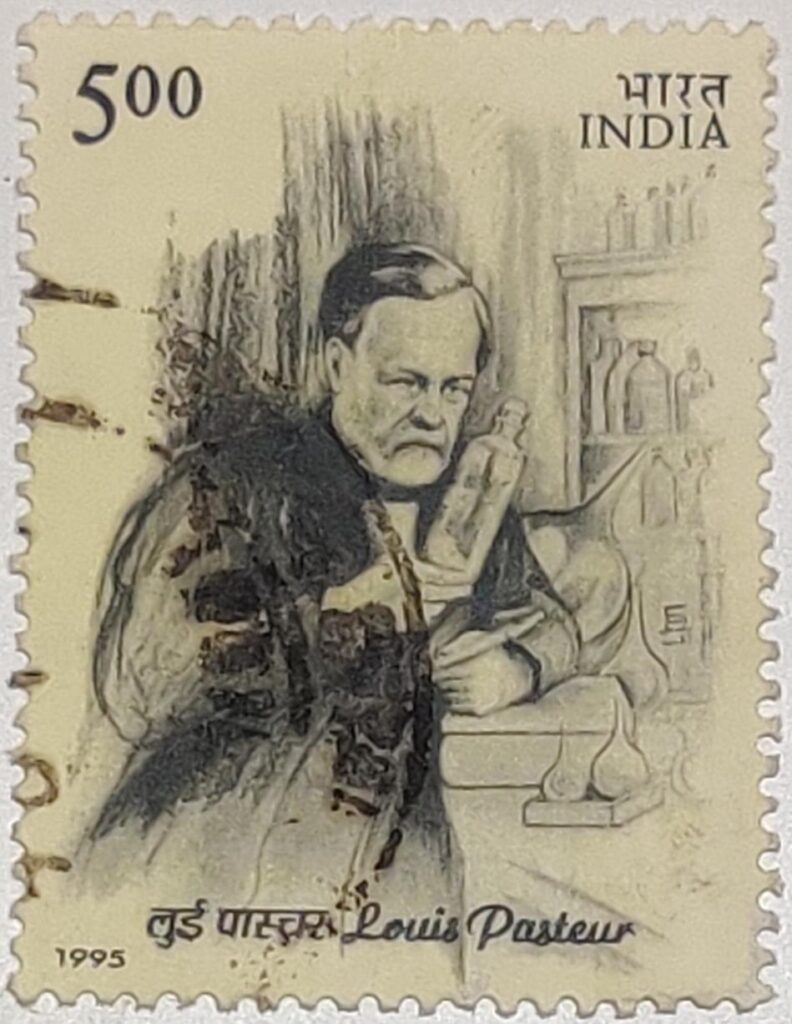A century ago, an old man was travelling alone in France by train. A much younger man, who was sitting next to him, watched as the old man reached into his travelling case, took out a Bible and began to read.
After a while, the young man decided to strike up a conversation. “What are you reading?” he asked.
“I am reading from the 6th chapter of Mark in the New Testament.”
“What does it say?” the young man asked.
“It is the story of the miracle of the loaves and fishes. This gospel writer tells us about the vast crowd that had followed Jesus because of the signs He was performing for the sick. Jesus then preached to the crowd until it was dark and they were hungry. With only 5 barley loaves and a couple of dried fish, Jesus fed the entire crowd of 5,000. When the people had finished eating, the leftovers filled 12 baskets.”
A little scornful, the young man asked, “Do you really believe that?”
“Yes, I do,” came the reply, to which the younger man answered, “I can see that you have been brainwashed by ancient superstitions. That could never have happened to me. You see, I am a scientist. Everything that happens in this world can ultimately be accounted for scientifically. The story you have read defies the laws of science and. therefore. is sheer fantasy. Give me facts, provable facts. As a man of science, I can have no faith in miracles. But I cannot expect you to understand that.”
At this point, the train began to slow down. “Here is my station,” said the young man as he rose from his seat. “It was nice talking to you, Mr., I’m sorry I didn’t get your name.”
Whereupon, the old man handed him his calling card bearing the name Louis Pasteur, one of the world’s greatest scientists!

“The more I study nature, the more I stand amazed at the work of the Creator. Science brings men nearer to God.”
— Louis Pasteur
Louis Pasteur (1822-1895) was a French biologist, microbiologist and chemist renowned for his discoveries of the principles of vaccination, microbial fermentation and pasteurisation. He is remembered for his remarkable breakthroughs in the causes and prevention of diseases, and his discoveries have saved many lives ever since.
